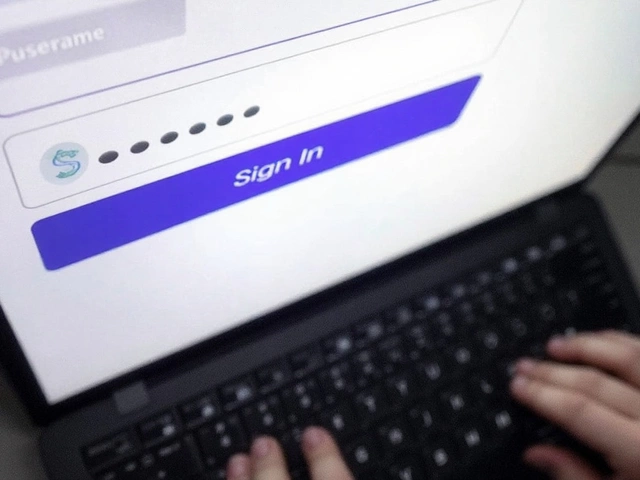Online Trolling: Quick Facts and Real Help
If you’ve ever read a nasty comment that seemed meant just to provoke, you’ve met an online troll. It’s not a new problem, but it shows up in new places every day – from video games to news sites, from Instagram to TikTok. Knowing what trolling looks like, why it happens, and what you can do about it makes the internet a lot less stressful.
In simple terms, trolling is when someone posts or sends messages to upset, confuse, or annoy others. The goal isn’t to contribute to a discussion; it’s to get a reaction. Trolls can be anonymous or use fake profiles, and they often hide behind masks of humor or “just kidding.” The damage, however, can be real – it can hurt confidence, spread false info, or even push people to leave a platform.
Why People Troll Online
Understanding the motive helps you stay calm when a troll shows up. Many trolls crave attention. A quick, angry reply gives them the spotlight they want. Others enjoy the power of disrupting a conversation; they feel better when they can control what others talk about.
Some trolls do it for profit. They post provocative content to get clicks, which translates into ad revenue. A few are just bored and see trolling as a cheap way to pass time. In more serious cases, trolls may belong to organized groups that push political or hateful agendas. Whatever the reason, the common thread is that they want a response.
Recognizing these motives lets you decide how to react. If it’s a bored teenager looking for attention, ignoring them usually works. If it’s a coordinated campaign, reporting and blocking become essential steps.
How to Protect Yourself and Respond
First, tighten your privacy settings. Make sure only friends or verified followers can comment on your posts. Most platforms let you filter out keywords or block accounts that repeatedly harass you. Use those tools – they are free and effective.
Second, don’t feed the troll. A quick glance at a nasty comment might feel natural, but replying often fuels the behavior. If you must respond, keep it brief and factual. A short, “I’m not interested in this discussion” is enough.
Third, document the abuse. Take screenshots and note timestamps. This evidence helps if you need to report the user to the platform or, in extreme cases, to law enforcement.
Fourth, lean on community moderation. Many forums have moderators who can delete harmful posts. If you’re part of a group, let the moderators know about repeat offenders.
Finally, take care of your own mental health. Step away from the screen when you feel overwhelmed. Talk to friends or use support groups that focus on online harassment. Remember, a troll’s opinion doesn’t define you.In short, online trolling is a mix of attention‑seeking, boredom, and sometimes profit‑driven motives. By tightening privacy, ignoring unnecessary provocation, reporting abuse, and looking after your wellbeing, you can keep the trolls from taking over your feed. The internet is huge, and most people are just here to share, learn, and enjoy. Don’t let a few bad actors ruin the experience for you.
Katie Piper Speaks Out Against Online Abuse After Chilling Message on Loose Women
Posted by Daxton LeMans On 2 Jun, 2025 Comments (0)

Katie Piper, known for surviving a 2008 acid attack, revealed live on Loose Women that she still endures harsh trolling, including being urged to harm herself. Piper described how this online hate intensifies her trauma and demanded better social media protections for victims.




